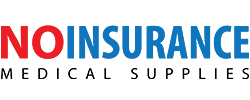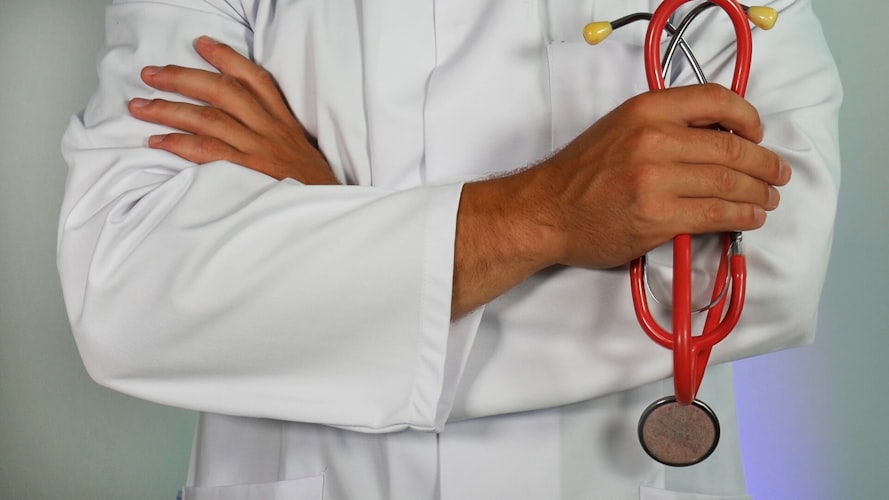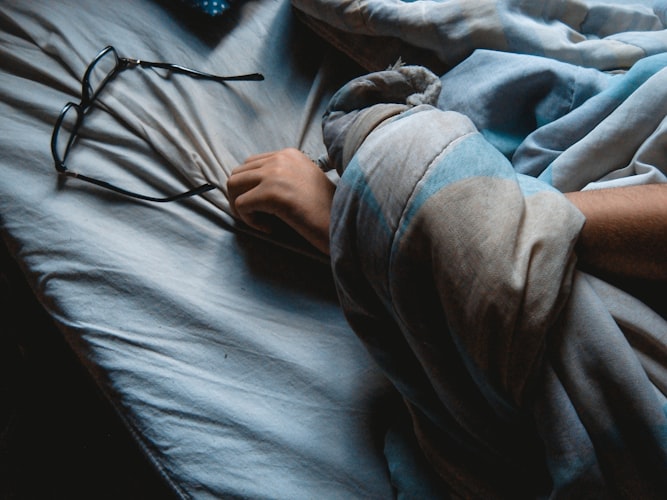Even as many states have rolled back stay at home orders and restrictions on businesses, COVID-19 continues to be a nefarious presence during 2020.
While the virus can be mild for some, others experience significant respiratory complications.
Risk factors such as heart disease and diabetes were already known contributors to more severe cases of COVID-19, including a higher mortality rate. However, new research indicates that obstructive sleep apnea could also put patients at a greater risk of severe complications — including death.
What Were the Findings?
Several recent studies seem to indicate a greater risk for severe COVID-19 complications among individuals with obstructive sleep apnea. As reported by Pulmonary Advisor, two analyses of confirmed COVID-19 ICU admissions found that 21 and 28.6 percent of patients also had obstructive sleep apnea. The authors of one study believed that this meant that sleep apnea “could potentially contribute to worsening hypoxemia and the cytokine storm that occurs in COVID patients.”
Another study by the University of Warwick presents an even more alarming picture. In this analysis of 18 studies, researchers determined “there is evidence to suggest that many patients who presented to intensive care had obstructive sleep apnea and in diabetic patients it may confer an increased risk that is independent of other risk factors. In one large study in patients that had diabetes, who were hospitalized for COVID-19, those being treated for obstructive sleep apnea were at 2.8 times greater risk of dying on the seventh day after hospital admission.”
Researchers noted that part of the issue could be attributed to the fact that COVID-19 and sleep apnea both increase stress and inflammation on the body’s bradykinin pathways — a peptide in the body that affects blood flow and blood pressure.
These findings all point to the same conclusion: if you have obstructive sleep apnea, you are at far greater risk from COVID-19 complications than the general population. Unfortunately, because the vast majority of sleep apnea cases remain undiagnosed, many people could be putting themselves at risk without realizing it.
How to Know if You Have Sleep Apnea
Sleep apnea can be hard to detect because the interruptions to breathing occur while you are asleep. However, if your spouse complains that you snore loudly, or wake up making gasping or choking sounds during the night, you may have sleep apnea. Feeling fatigued, even after a full night’s sleep, is another common sign of obstructive sleep apnea.
There are also several risk factors that increase your risk of developing this condition, including being overweight, having a wide neck circumference, or having a family history of sleep apnea. Men and individuals over 40 are also more likely to develop sleep apnea.
If you suspect you might have sleep apnea, it is important that you get tested right away. As we’ve detailed previously, at home testing is now widely available for most patients. Using a small monitor and finger clip to measure your oxygen levels and airflow, sleep specialists will be able to determine if you have sleep apnea, as well as how severe it is.
With a diagnosis in hand, you will then be able to order CPAP equipment, which will ensure you have a steady flow of oxygen throughout the night. This will prevent the breathing interruptions caused by sleep apnea, helping you sleep soundly so you are less fatigued during the day.
In the long term, CPAP therapy will reduce your risk of sleep apnea-related complications such as heart disease and diabetes. In the short term, you will have the important knowledge that you should take additional precautions regarding COVID-19.
Taking Precautions Against COVID-19
If you have a confirmed sleep apnea diagnosis, you should take additional precautions in your day to day routine. As with other at-risk individuals, your safest option is to stay at home as much as possible. When you do need to go out, wear a mask and try to maintain at least six feet of distance between yourself and others.
Washing your hands regularly and avoiding touching your face can also help keep viral particles from getting into your lungs. This is especially important after getting home from an outing. Wash your hands for 20 seconds, scrubbing vigorously with soap and water.
If you do need to leave the house, do your best to avoid high risk activities where you might come in close contact with others. This could include commuting on public transportation, eating at a dine-in restaurant, working out at a gym, or seeing a movie at a crowded theater.
Generally speaking, the more confined the space and the more people that will be present, the greater the risk — particularly in an indoor environment with poor air circulation. Taking added precautions may not be fun for sleep apnea patients, but it just might save your life.
No Insurance Medical is Here to Help
We may live in uncertain times, but you can count on No Insurance Medical Supplies to help you with both your CPAP therapy needs and taking precautions against COVID-19.
We offer a wide selection of CPAP machines from leading brands like ResMed and Philips Respironics at discounted prices, helping you save hundreds of dollars on this necessary medical equipment. We are also selling N95 Respirator Masks so you can protect yourself and others while in public.
Many of these items are available to ship immediately, so you don’t have to wait to get the equipment you need. By taking necessary precautions and following sound medical advice, you can stay safe and healthy throughout this pandemic.



